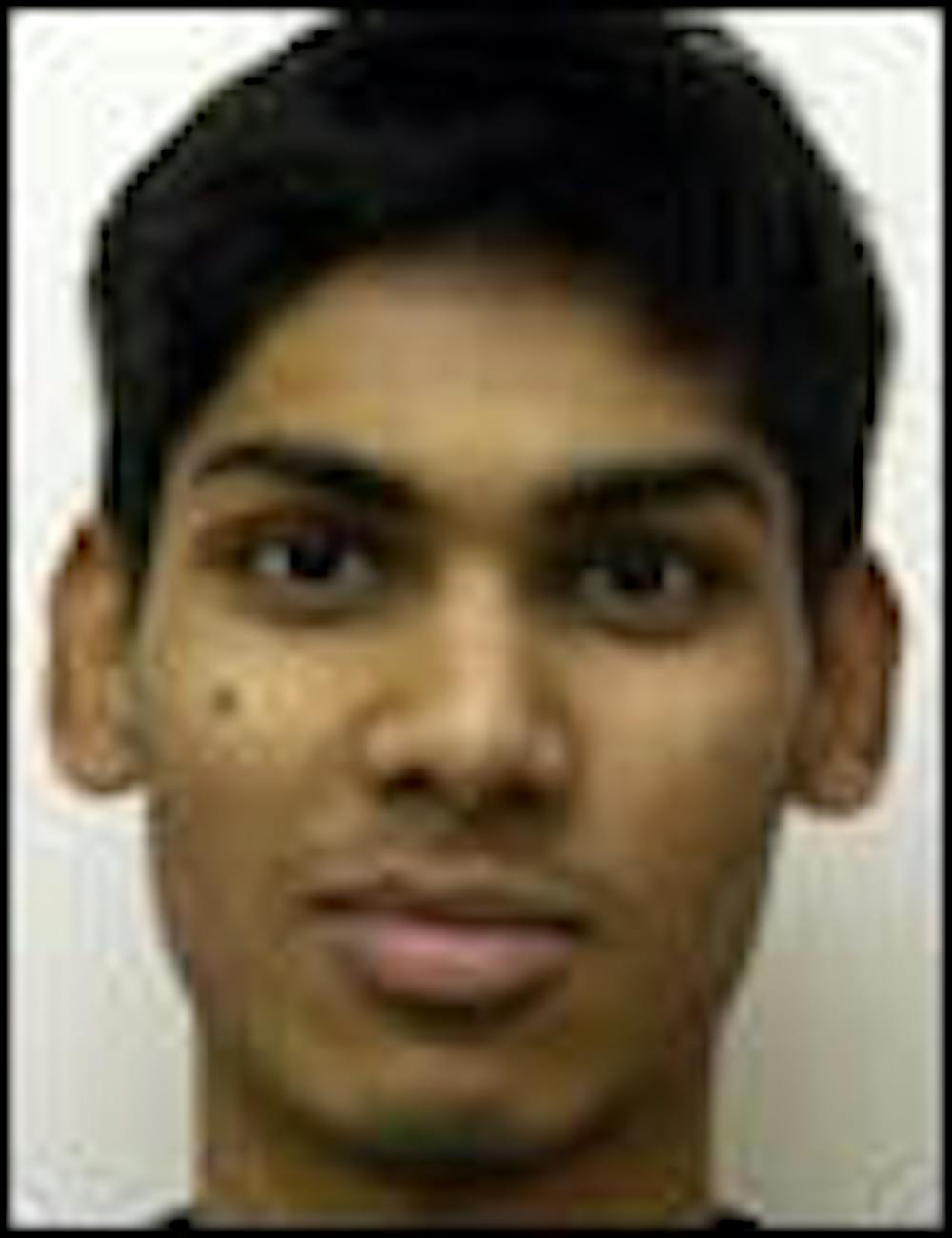It has become a full-fledged cultural phenomenon. From MTV's long-running "The Real World" to more recent hits "Survivor," "American Idol" and "The Apprentice," it seems America's appetite for reality TV shows is insatiable.
Reality TV in itself is a vague term. It is a broad genre -- some shows are based on a ritualistic elimination event and competitions ("The Bachelor," "Fear Factor," "Dream Job"), and others show people undergoing transformations ("Queer Eye for the Straight Guy," "Extreme Makeover") while others simply display people interacting with each other in everyday life ("Newlyweds," "The Osbournes," "Big Brother"). Yet with all the variety, the one common element that binds these shows together is the excitement of not knowing what will happen next as the characters interact in an unscripted setting.
The rise of the reality show genre almost seems like a natural progression. All of the following elements are available: the commonplace accessibility of talk show guests, the elimination factor of game shows and the intense competition of sports. Mix these with flamboyant personalities found in any comedy or drama -- and garnish with a few twists and turns -- and you have the recipe for fascinating television.
Sometimes I think it's almost as if television has become one huge sociology experiment being run by "The Man," and we're all participants. These shows reveal our desire to watch the successes and failures of ordinary people in mostly ordinary situations. We love watching these characters, because they're not just creations from the mind of a writer, but real people we can relate to and cheer for. There's also the cynical side of us that enjoys watching other people's misery. Or maybe we've all just gotten so sick of actors who cannot convey empathy for artificial characters in cliche roles, and we've started demanding the real thing. Whatever it is, one thing is for sure -- the reality genre has definitely struck a chord with American viewers.
Beginning in May, the Public Broadcasting Service will be taking the reality genre to a whole new level.
Capitalizing on the success of reality TV, the PBS is launching a new series of what it calls "hands-on history." "Colonial House" is a new PBS show that will feature 26 participants who give up their 21st-century lives to live as people did in the past -- specifically the year 1628.
These people will live just as early colonists of the 17th century did -- meaning no cars, electricity or plumbing. The families in the settlement will live by a set of laws they will write themselves, after consulting with experts on Colonial history.
The show promises to capture the drama of everyday life in a small colony, but it will also show how ordinary people cope -- or don't cope -- when removed from all that is familiar and comforting to them in the modern world.
Leave it to PBS to transform the reality genre and create a unique mix of not only entertainment, but also a historical and educational experience.
And education doesn't have to be boring just because you're a college student. If booze, sex and violence interest you, "Colonial House" may be your thing.
Executive Producer Beth Hoppe said in a press release that the program may dispel some misconceptions about how colonists lived.
"The settlers wore bright clothing, they often drank heavily, believed in witches, had pre-marital sex and adulterous affairs, and committed both petty and serious crimes against their neighbors," said Hoppe. "We believe that the 21st-century participants will have much more in common with their 17th-century counterparts than they imagined."
Sex, alcohol, petty crimes and witches? Sounds like the average life of an ASU student to me.
But for all the criticism that reality TV has received, it is important to note that most reality shows are successful without having to display gratuitous nudity, violence or profanity. Now, PBS has made it possible to get a history lesson while enjoying the reality thrills of unscripted drama.
Get your reality TV kicks and learn something too -- tune in to "Colonial House."
Ishtiaque Masud is an economics junior. Reach him at ishtiaque.masud@asu.edu. For more information about "Colonial House" visit http://www.pbs.org/wnet/colonialhouse.




